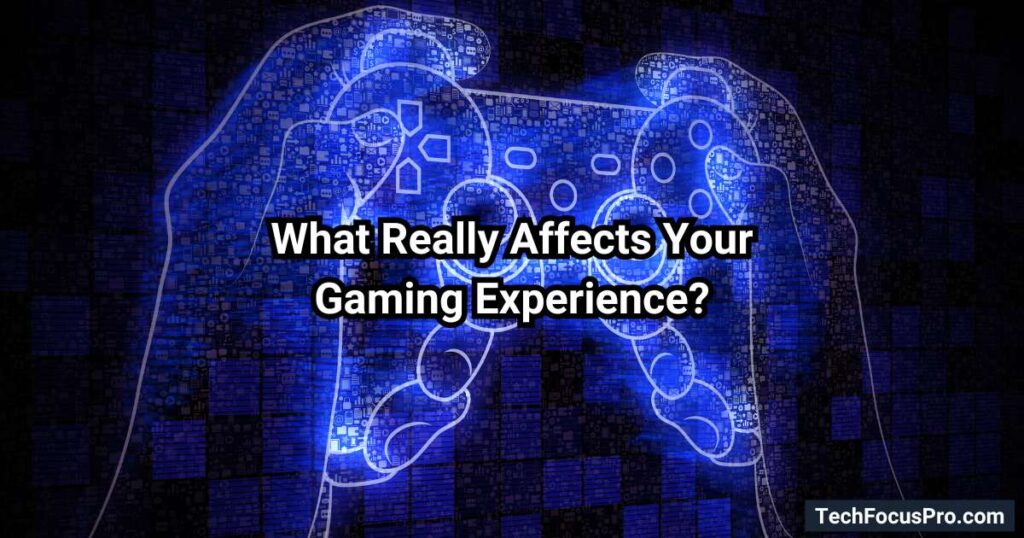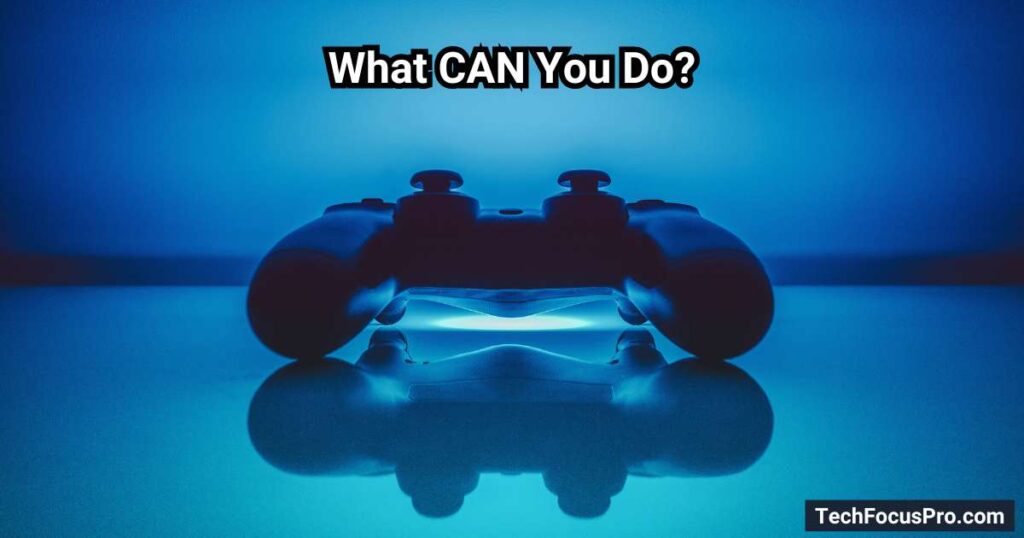How Helpful is a DNS Lookup to Enhance Online Gameplay?

You can be passionate or indifferent about gaming as a pastime. However, everyone expects a seamless gaming experience like online shopping or social communication. Nothing ruins your session quite like lag or poor connectivity. As players flock to gaming servers, they’re tempted to take matters into their own hands.
Luckily, optimizing your network for a smoother playthrough isn’t as difficult as it may seem. These days, gamers are curious about whether checking their DNS can help. Understanding this is worth exploring, as well as how they relate and what you can do.
DNS: A Quick Refresher
The Domain Name System, or DNS, retrieves domains via computer-readable IP addresses. A DNS lookup fetches the associated domain when you visit a particular server. You can browse online through your PC, phone, or other device.
Home internet connections typically use dynamic IPs, which can change whenever you connect to the internet. In that case, dynamic DNS adapts to these changes so the address is associated with the same domain.
The Role of DNS in Gaming
So, what effect does DNS have on your gaming experience? Some people believe that because DNS helps you connect to a server, it somehow influences the overall quality of gameplay.
It’s certainly true that a DNS connection grants you access to a game server. Plus, servers where a computer has to connect with a wider gaming platform typically use DDNS to update their records.
That, however, is all that DNS does: help servers identify your device. It has no impact on the quality of your gameplay. All it does is facilitate the connection, the strength of which depends on an entirely different set of factors.
Some DNS servers might improve loading through caching. However, the core difficulties gamers face require a different approach.
What Really Affects Your Gaming Experience?

Players often face lagging graphics and connectivity issues when gaming. There could be a few reasons behind these. Here are some things that contribute to gamers’ frustrations.
The Problem of Latency
When playing a high-octane racing or fighting game, responsiveness is key. How fast the input from a player’s device reaches the server and backs up matters in your playthrough.
If the data takes longer to make this trip, your network will suffer from high latency. The result is a lagging response from the game, which can disrupt and ruin your gaming session. This is one of the leading complaints of gamers when connecting to a server.
Location Matters
As it happens, how far your device is from the game server makes a difference. After all, more distance means a longer route for the data to travel, which can lead to higher latency. The delay might be minimal, but it can still dampen your playthrough.
Network Infrastructure
Another factor is the condition of the server. A game server can get overloaded if well-managed and taken care of to stay energized.
This leads to degrading quality and an increased risk of lag due to network congestion. Meanwhile, poor ISP infrastructure maintenance also causes them to become unreliable for gaming.
What CAN You Do?

When troubleshooting network issues, a DNS lookup alone will not help much. The following are some concrete steps that can improve your gaming situation.
Widen Your Bandwidth
Investing in a more generous bandwidth helps handle vast gaming data more effectively. It decreases congestion for smoother, frictionless transfer, resulting in a superior experience. This helps if multiple gamers are connecting to the same network.
Switch To Ethernet
Sometimes, gaming lag is caused by interference with your wireless connection. That’s why many savvy gamers avoid Wi-Fi.
Instead, an ethernet cable provides a more stable, interruption-free connection, which reduces lag and offers more consistent speeds.
Prioritize Network Usage
Limit other tasks, such as streaming, heavy downloads, or multiple tabs, to reduce the burden on your bandwidth while gaming.
For instance, you can adjust your router’s Quality of Service (quality of service) settings to favour gaming traffic over other activities. Also, try to discourage non-gamers from crowding or overwhelming the network.
Choose the Right Server
Look for servers that are geographically closer to where you are. This decreases the distance data travels, reducing latency and improving responsiveness.
Many games allow users the option to select a game server. Find out which has the best connection and go with it.
Check Network Performance
Monitor your network performance for possible issues. Traceroute and ping test tools can help you judge the quality of your network.
Pay Attention To Your Hardware
Upgrading to better equipment can drastically improve your gaming performance. A powerful CPU is a great start. Meanwhile, if you’re unhappy with the visuals, switch to a new graphics processing unit.
Or, you can go with more robust RAM. This will help your CPU and GPU process more quickly and without stuttering.
Reminder: You Can’t Have It All

There is a lot you can do to optimize your gaming performance. Alas, there’s also a fair amount that’s beyond your control.
For one, you can’t fix the distance between gamers and servers. Plus, if the data has to pass through multiple routers, expect network hops that can lead to lag.
Sometimes, you must accept issues like these as inevitable. This helps manage expectations while allowing you to focus better on more feasible improvements.
Ramp Up Your Gameplay
In gaming, execution and responsiveness are everything. If things aren’t going smoothly, a DNS lookup won’t help. Troubleshooting lag issues and network disconnections take more time.
Multiple factors affect your gameplay, some of them beyond your control. The great news is that there are a few long-term fixes to your network issues. From optimizing bandwidth to selecting servers and ISPs, the options are there. Enhancing your network and server ensures minimal hitches in your gaming experience.
FAQs
What is a DNS Lookup?
A DNS (Domain Name System) lookup is a process that translates domain names (like www.example.com) into IP addresses that computers use to identify each other on the network.
How can a DNS Lookup improve my online gaming experience?
Players can reduce latency and improve connection speeds by optimizing DNS settings, leading to smoother gameplay and quicker response times.
Do all games benefit from DNS Lookups?
While many online games can benefit from DNS optimization, the extent of improvement may vary depending on the game’s server location and your internet service provider’s DNS performance.
How do I perform a DNS Lookup?
You can perform a DNS lookup using various online tools, such as DNS checker websites, or directly via command line tools like `nslookup` or `dig`.
Are there specific DNS servers recommended for gaming?
Many gamers prefer public DNS servers like Google DNS (8.8.8.8 and 8.8.4.4) or Cloudflare DNS (1.1.1.1) due to their speed and reliability. However, it’s also worth experimenting with different DNS servers to find the best one for your location and provider.
Will changing my DNS settings affect my internet security?
While changing your DNS settings can improve performance, choosing reputable DNS providers is crucial to ensure your online security and privacy.
Conclusion
Using a DNS lookup can help make your online gaming experience better. By changing your DNS settings to faster options, you might notice that games load quicker and respond faster. While only some games will see a big improvement, trying out different DNS servers can help you find one that works best for you. Remember to pick a reliable DNS provider to keep your information secure while you play.
Image credits: Canva






